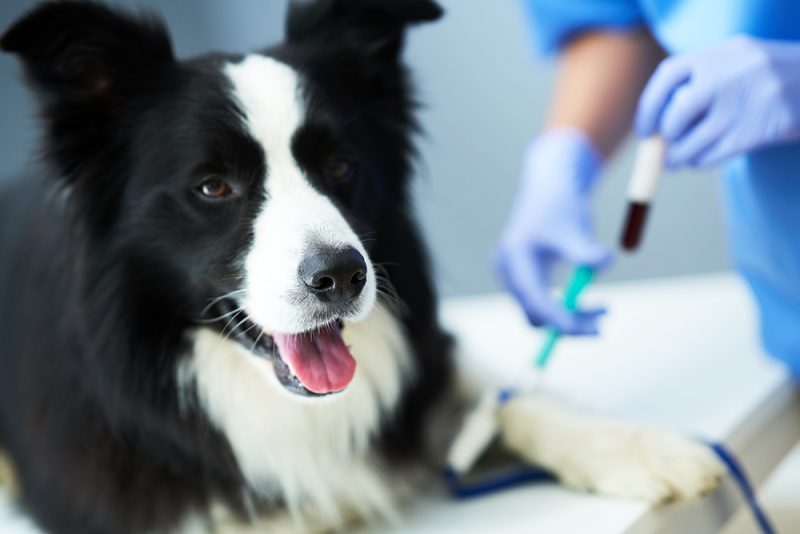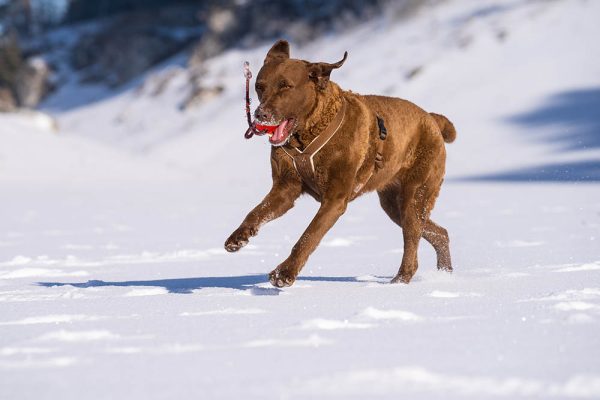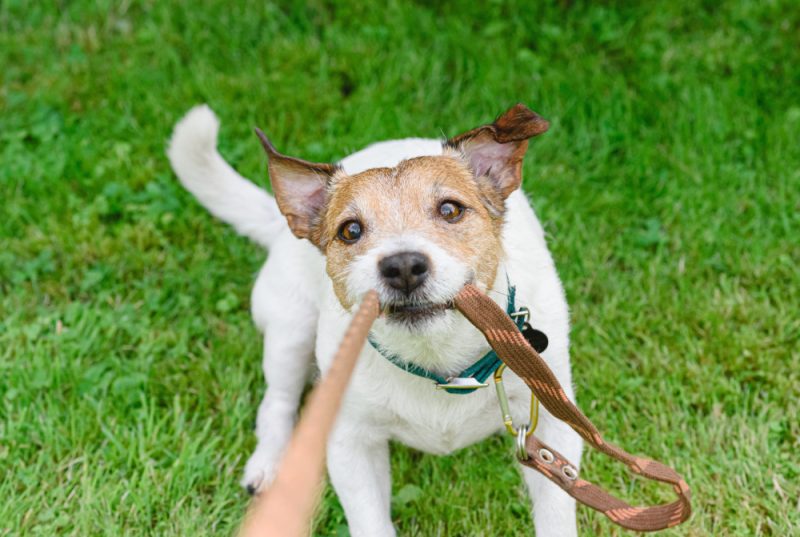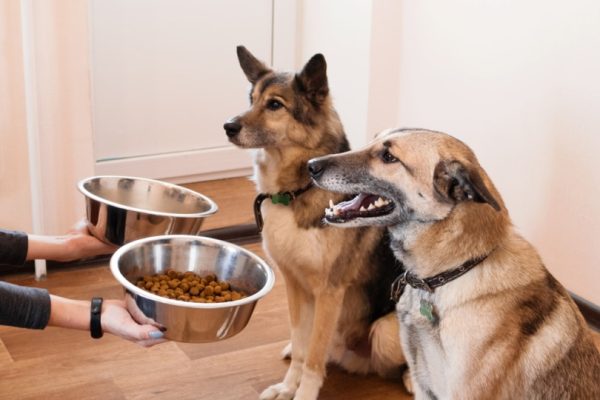Our dogs are so cheerful and full of spunk that you would think you would see them suffer from the giggles from time to time. After all, sometimes you look over and think you see a big, open-mouthed grin.
But can dogs actually laugh? No, dogs don’t laugh in the way that humans do. Our dogs have a very different way of communicating joy. In this article, we aim to go over a little bit more about canine expression and what’s considered laughter in the canine world.

Dogs Can’t Laugh Like Humans
You probably already know that dogs can’t laugh the way we do. They can make tons of other vocalizations, and some breeds make more absurd noises than others, but none of them actually laugh in the same manner as human beings.
Dogs May Laugh in Some Form
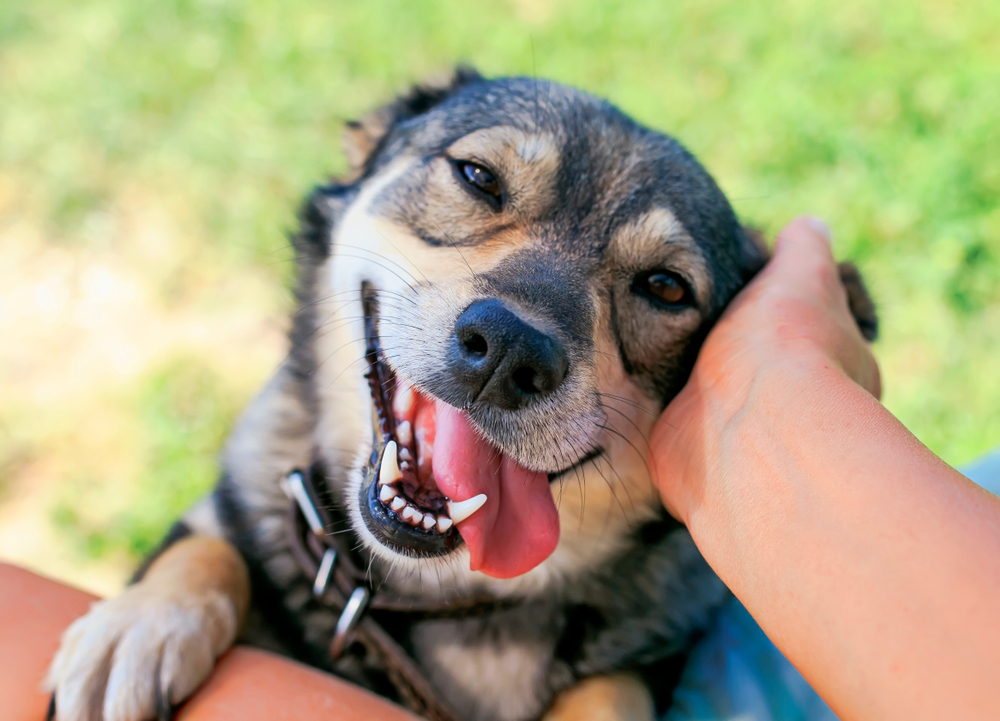
Dogs are playful critters, and you may hear them make a laughing sound, known as a play pant, when trying to entice another canine into a game. The sound is often accompanied by bowing, jumping, or pawing at the other dog. This breathy pant isn’t laughing in the way that we are used to or happen following a bad joke. Rather, it is used as an invitation and often seen positively by other dogs.
Shelter Dog Research
Shelters can be incredibly taxing for dogs as they provide an environment where there are unfamiliar canines, lack of socialization, and a number of other things that make it a lonely place to be. Research has shown playing recordings of play panting seems to decrease stressful behaviors of dogs in shelters.1 It sparked the desire to play and increased behaviors like tail wagging, bowing, and a relaxed body.

Are Dogs Ticklish?
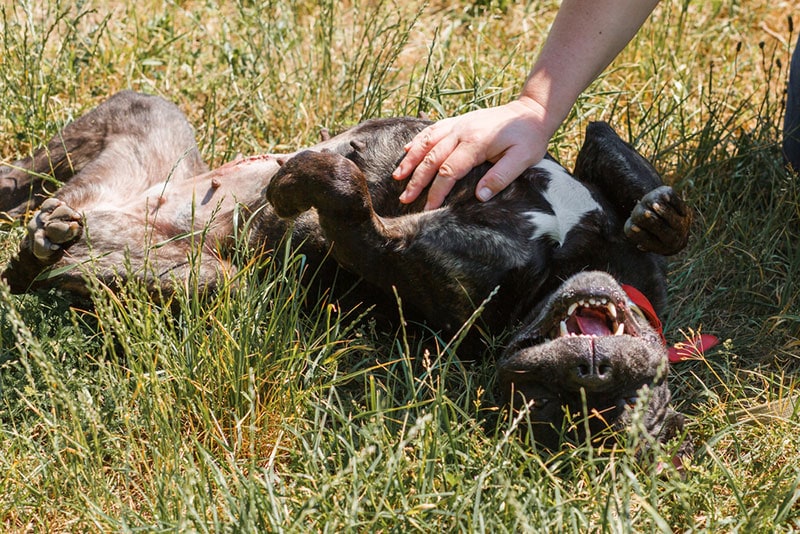
You might wonder since dogs have a method of laughter, if they are ticklish? Dogs have touch sensors all over their body, just the way humans do, with some areas containing more than others. These highly sensitive areas, mainly the feet and base of the tail, may be considered ticklish and can elicit a response from your dog if you touch them. However, that response isn’t laughter, instead they may turn and look at you, twitch their skin, or move away.
Dogs Do Their Own Thing
You may have never seen anything quite as happy as a dog that hears you say the words “car ride” with a jingle of a key. Suddenly, the zoomies are going on, and your dog is bustling around your household in a frenzy.
Is there anything that you can do to argue that that’s not excitement and joy? Of course not! Everything we know about body language tells us that the dog is experiencing some excitement and happiness.
But that doesn’t mean that they will start screaming, jumping up and down, laughing, and showing other tendencies the way that humans do.


Final Thoughts
So now you understand a little bit more about how our dogs express laughter. While not completely the same as in humans, a form of laughter can be used between dogs that are trying to initiate play. It is usually accompanied by other play behaviors like bowing, jumping, and tail wagging.
Featured Image Credit: canduca, Shutterstock






